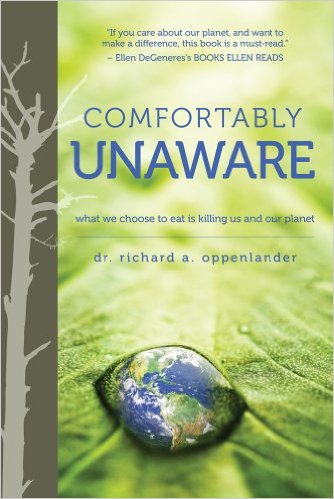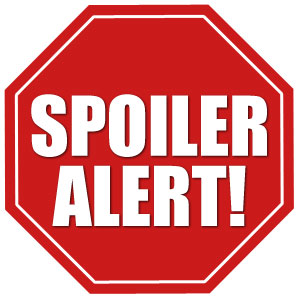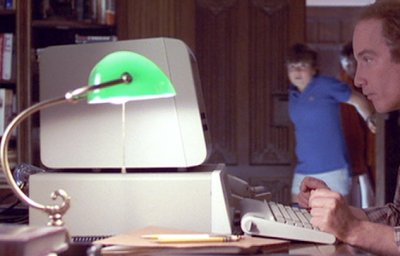Salutations! I’m Caroline, a new intern for Beaufort Books. I’ve been here for a couple of weeks now, and I’ve been learning so much. I’ve been working a little more on the editorial side of things, while “Behind the CrossBEAU” Kerry has been learning more about marketing, but we’ve had a ton of overlap. A lot of what we’ve been learning has come from the fabulous Beaufort employees, but some of it has been coming from the newsletters, articles, blogs, submissions, and Google Alerts that we keep track of, read, and later publicize if relevant to our authors. Just this morning, I was perusing a list of articles, and found one titled, Your Hotel Bible Is Now a Kindle (http://gizmodo.com/5922835/your-hotel-bible-is-now-a-kindle ). I did a double take and read more. Sure enough, the subject of the article was exactly what the headline suggested: a hotel in the UK will now be leaving an e-reader in each of their hotel rooms pre-loaded with the digital equivalent of the Gideon’s Bible traditionally left in each room (and one can download any other religious text for free, assuming its cost does not exceed $7.50. Secular book downloads must be paid for).
Reading the article got me thinking about the worth we do or don’t place on the physicality of something important to us. Some people, if asked what possessions they would save from their house in a burning fire, would choose photo albums, even if they have images in their head or on the computer from the past. Some people are excited to receive a birthday card in the mail; others are equally pleased by a Facebook post. Is it only the content that matters, or is there value in the tangibility of it as well? Clearly, the answer differs from person to person.
But I was particularly struck by this idea of a digital Bible. Historically, Jews, Christians, and Muslims have placed a great deal of value on the tangibility of their religious texts, and have strict etiquettes for handling them. For example, it is forbidden to use the Qu’ran as a pillow in any circumstances. Christians have special rituals for disposing of damaged Bibles. Jews have a special instrument (the yad) to point to the words in the Torah rather than touch it with potentially dirty fingers. Furthermore, versions of each book have been secreted away in times of trouble, often at great risk to those doing the safekeeping. Clearly, for members of each of these faiths, the book itself matters, too, not just what is inside it.
I have to admit that I feel this way about books of any kind. I don’t read on e-Readers or computers if I can help it. I have a reverence of sorts for physical books of any kind. As Ray Bradbury said, “All the computer can give you is a manuscript. People don’t want to read manuscripts. They want to read books. Books smell good. They look good. You can press it to your bosom. You can carry it in your pocket.” I have to wonder if this is even more resonant for people who feel religious devotion toward one book, and hold it up as sacred. And yet, for centuries before the words of the Torah (Old Testament to Christians) was written, the words inside were passed down via oral tradition. The same goes for most folktales, fairy tales, and myths. It is the stories themselves that have survived over time, not the format.
On the other hand, this isn’t an issue of the choices available to the devotee or consumer. Anyone can still buy a physical book or a physical religious text (for now…). The occurring shift featured in the article is one of the format of reading materials provided to hotel guests free of charge. Moochers can’t be choosers, right? But in the past, the only reason that hotel guests have had free access to Bibles is because the Gideons have worked to distribute free copies of the New Testament to hotels, as well as to other people, and organizations. Now, it seems that this endeavor is being funded by Hotel Indigo – which, presumably being a secular entity – makes me wonder, why are guests entitled to free readings of religious texts but not secular ones? I know some people who approach secular tomes – whether they are by James Joyce or J.K. Rowling – with a reverence and zeal to rival that of any religious devotee. Will they be provided with electronic Ulyseeses and Harry Potters? Doubtful. Would they want to be? Or do the pages dog-eared from use, spines worn by love, the corporeal receptacles of all the thoughts they’ve had as readers, mean too much to give up?
It’s worth considering: Do hotels have a future in doubling as libraries? And if not, what does it mean to fund the digital reading of only certain books? What does it mean to fund digital reading at all? Are we perpetuating the enjoyment of the stories, or diluting the full potential of readers’ experience and enjoyment of them? Is it just the story, or also the form, that we, as people who hold books sacred (whether religious or secular), wish to preserve?


 specializes in absurdist literature) was given to 8th graders in New York State along with six meaningless multiple choice questions meant to evaluate the 13 year olds’ reading comprehension skills.
specializes in absurdist literature) was given to 8th graders in New York State along with six meaningless multiple choice questions meant to evaluate the 13 year olds’ reading comprehension skills. Well, this certainly is unexpected news. You would think, with the abundance of fiction oriented in a year, and with a jury that’s already weeded the pool down to three extraordinary candidates, “no award” should not be an option.
Well, this certainly is unexpected news. You would think, with the abundance of fiction oriented in a year, and with a jury that’s already weeded the pool down to three extraordinary candidates, “no award” should not be an option.


 For many, reading time is sacred. You make the decision to pick up a book for an hour, or a few, and live in another world for a while. Your surroundings become a blur and you fade into the book, not really seeing the words on the page anymore but building the scenes in your mind, creating the motion picture (this is why I always strive to read the book before I see the movie because the film takes away my ability to create the world for myself first).
For many, reading time is sacred. You make the decision to pick up a book for an hour, or a few, and live in another world for a while. Your surroundings become a blur and you fade into the book, not really seeing the words on the page anymore but building the scenes in your mind, creating the motion picture (this is why I always strive to read the book before I see the movie because the film takes away my ability to create the world for myself first).